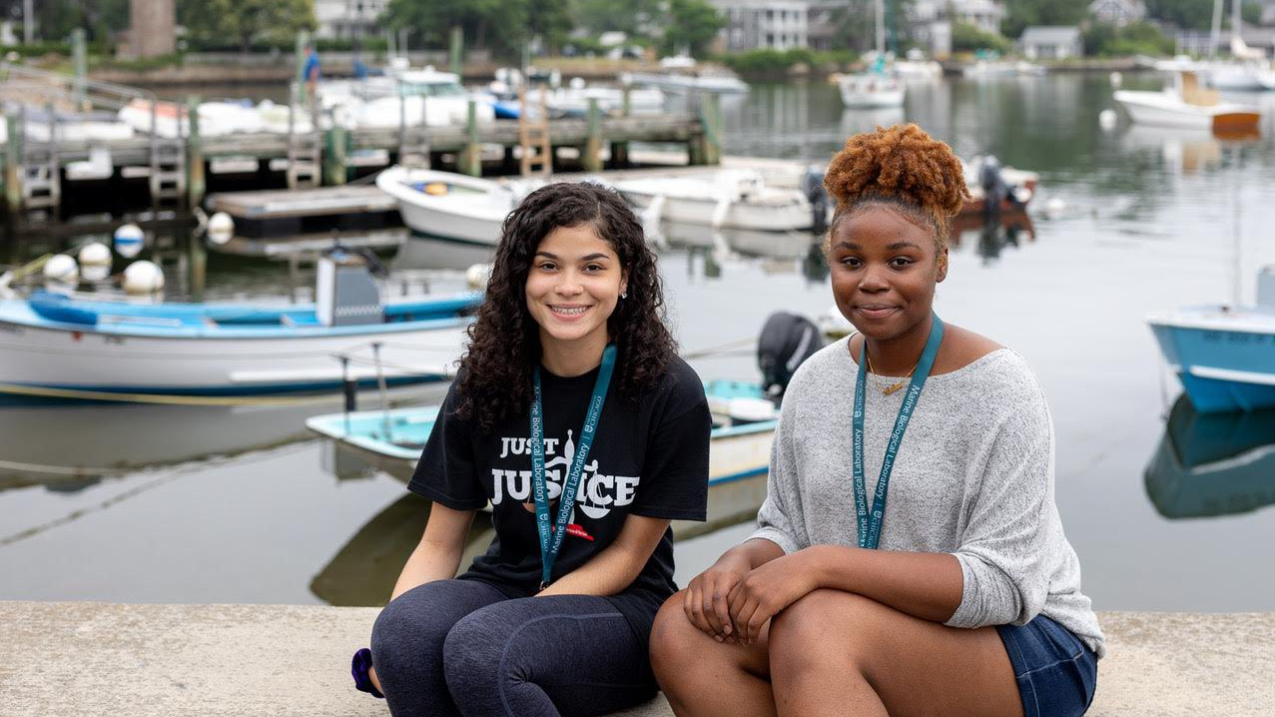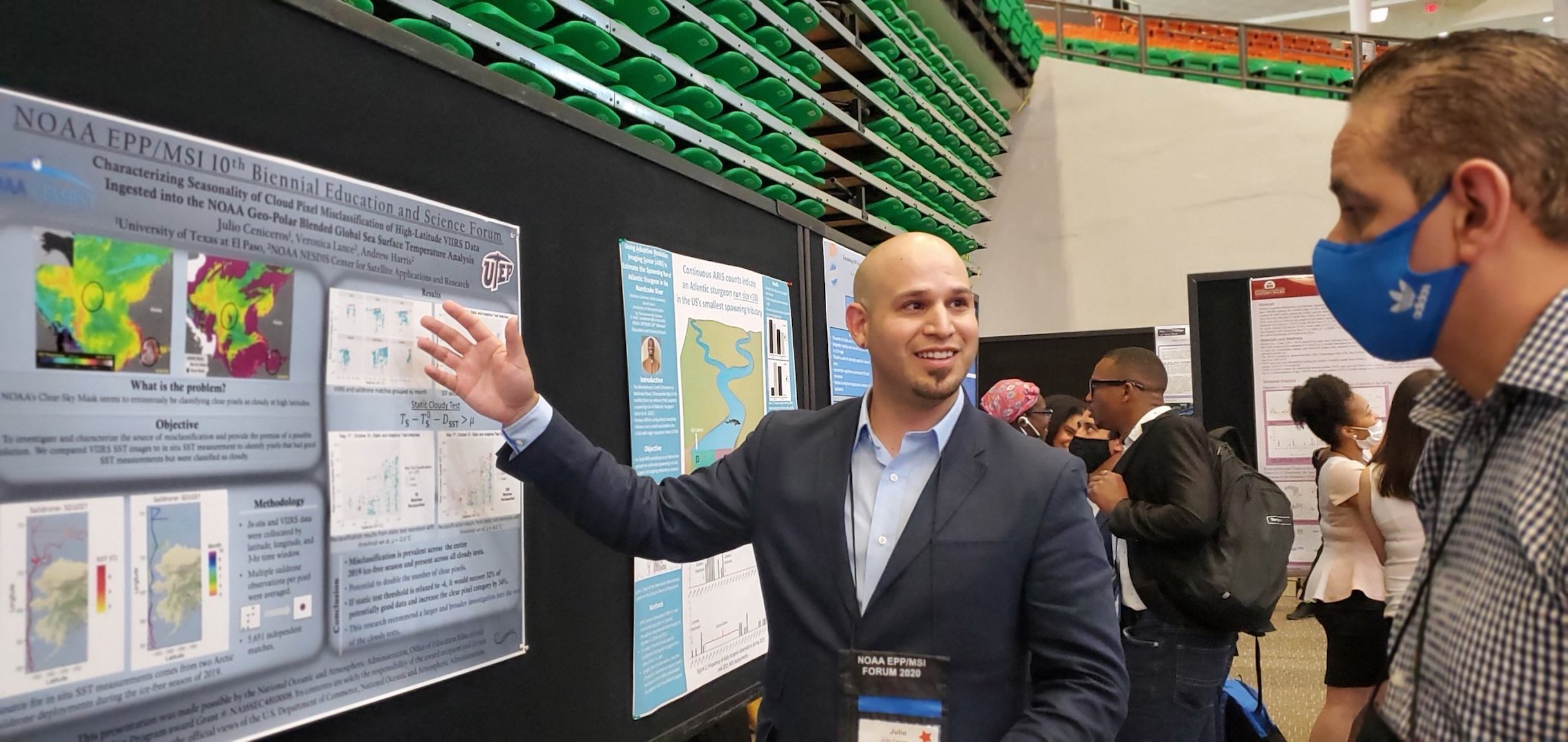December 7, 2022

As part of NOAA’s long-term commitment to ensuring NOAA’s future workforce is representative of the nation’s population, the agency has awarded grants of up to $30 million each, over a five-year period, to two Minority Serving Institutions (MSIs): Howard University and the City College of the City University of New York.
“Our nation’s Minority Serving Institutions are valuable resources that drive growth, opportunity and creativity, serving as vital incubators for diverse talent to promote innovation and excellence,” said U.S. Department of Commerce Deputy Secretary Don Graves. “The Biden-Harris Administration has remained committed to strengthening partnerships with Minority Serving Institutions through investments that will support the education of an inclusive student body that has potential to bring new ideas to the federal workforce.”

“These awards will directly benefit students’ education and build research capacity at these two Minority Serving Institutions and their partner schools,” said NOAA Administrator Rick Spinrad, Ph.D. “We look forward to graduates from these centers joining the NOAA workforce, and bringing new diverse talent and ideas to increase U.S. global economic competitiveness.”
The ongoing partnership between NOAA and MSIs is part of the overarching effort to provide opportunities for students who are from traditionally underrepresented communities to advance America’s competitiveness in science and technology innovation.
These awards, supported by NOAA’s Educational Partnership Program with Minority Serving Institutions (EPP/MSIs) will support Cooperative Science Centers at the two universities. These Centers will support and graduate students in atmospheric sciences, meteorology, earth system sciences and remote sensing technology, which are core science fields for NOAA.
The award to Howard University will support education, training and research for students in areas relevant to NOAA’s atmospheric research mission, as well as to NOAA’s National Weather Service meteorology mission.
“We are very pleased and honored to be selected as recipients of the NOAA Center for Atmospheric Sciences and Meteorology award from NOAA,” said Wayne Frederick, Ph.D., president of Howard University. “This award is a reflection and affirmation of the hard work and commitment of our faculty researchers under the direction of Dr. Sen Chiao, Program Director. Howard University is the leading producer of African American doctoral recipients in Atmospheric Sciences. This award and continued partnership with NOAA will allow us to further enhance these educational opportunities for traditionally underrepresented students in STEM fields. I am particularly pleased that this funding is being provided as Howard establishes our new Department of Earth, Environment and Equity, where ongoing research and training efforts in atmospheric sciences, climate, and related disciplines will be housed.”
The award to the Research Foundation of the City College of CUNY supporting the Cooperative Center for Earth System Sciences and Remote Sensing Technologies (CESSRST) will increase the number of graduates with skills and competencies that are necessary to support ongoing efforts within the NOAA mission enterprise, and contribute to research and operational careers at NOAA’s National Environmental Satellite, Data and Information Service.
“Ranked #10 in Social Mobility, the City College of CUNY remains poised and focused to continue its two-decade long partnership with NOAA,” said City College of CUNY President Vincent Boudreau, Ph.D. “The new NOAA EPP/MSI funding will help CCNY, CESSRST and its partner institutions bring research and experiential learning, and workforce training opportunities for students traditionally underserved in NOAA mission STEM fields in the largest and most diverse urban area in the country.”
Since the first EPP/MSI Cooperative Science Center awards were made in 2001, the program has supported 2,388 students who earned 2,545 degrees in fields related to NOAA’s mission, including STEM), natural resource management and/or policy fields. An additional 258 students are currently pursuing degrees with support from EPP/MSI. Upon graduation, EPP/MSI students have a clear pathway to join the workforce at NOAA, other natural resources and environmental agencies, academia, the private sector and non-governmental organizations.
The goal of NOAA’s EPP/MSI is to increase the number of students, particularly from traditionally underrepresented and historically excluded communities, who are educated and graduate in STEM, natural resource management and policy fields that directly support NOAA’s mission.
From 2003-2019, EPP/MSI support for the centers resulted in an increase in the number of graduates across the nation who earned post secondary degrees in NOAA mission-aligned fields, and built capacity at center institutions in NOAA mission sciences. EPP/MSI Center institutions awarded:
- 54% of Ph.D.s earned by African Americans and 21% of Ph.D.s earned by Latinos in atmospheric sciences.
- 35% of Ph.D.s earned by African Americans and 39% of Ph.D.s earned by Latinos in marine science.
- 30% of Ph.D.s earned by African Americans and 19% of Ph.D.s earned by Latinos in environmental sciences.
As part of these awards, many NOAA employees engage in extensive collaboration and serve as mentors to students. The Centers, in partnership with NOAA, support professional development efforts to ensure graduates are prepared and ready to contribute and meet the demands for a highly skilled NOAA mission enterprise workforce. NOAA has hired 35 EPP/MSI supported students in the last three years.
